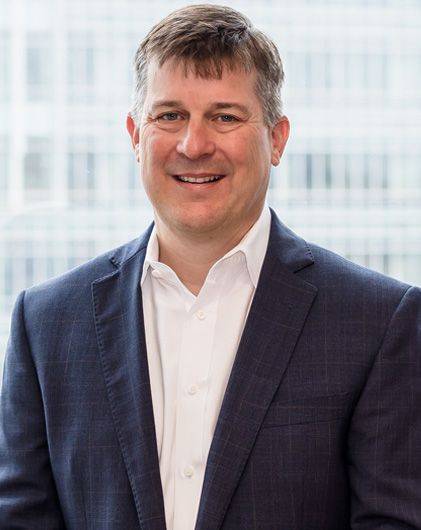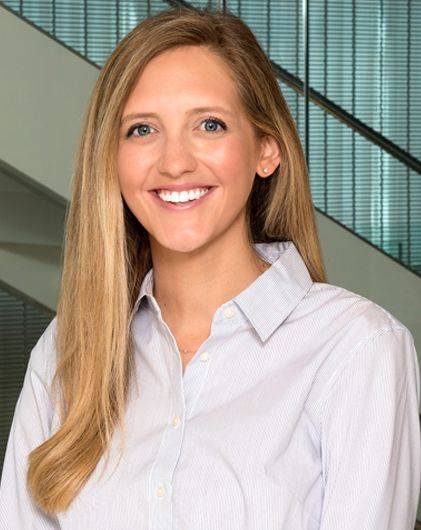Who Is Eligible for the Fed's $600B Main Street Lending Program?
The U.S. Small Business Administration announced on April 16 that the allotted Payment Protection Program (PPP) funds had been exhausted and ceased its application processes for the program. Though it is anticipated that PPP funds will be replenished by Congress soon, small and mid-sized businesses may find interim relief with the Main Street Lending Program (MSLP).
The U.S. Department of the Treasury and the Board of Governors of the Federal Reserve System recently announced specifics on the MSLP, which will use $600 billion in funding through the Treasury under the Coronavirus Aid, Relief, and Economic Security Act (CARES) to extend special financing to small and mid-sized businesses.
Eligible Businesses and Eligible Lenders
To be eligible for the MSLP, businesses must:
- have fewer than 10,000 employees or revenues less than $2.5 billion
- be registered in the United States
- have significant operations in the United States
- have the majority of its employees in the United States
Eligible businesses that have qualified for the PPP and the Economic Injury Disaster Loan Program (EIDL) under the CARES Act may also apply for and received funding under the MSLP.
To qualify as an eligible lender under the MSLP, the lending institution must be either:
- a United States insured depository institution
- a bank holding company
- a United States savings and loan holding company
MSLP Structure Specifics
Generally, the Federal Reserve will provide funding to eligible lenders to make loans to eligible businesses and purchase 95 percent participation in such loans through a single purpose vehicle (SPV). Eligible lenders will retain 5 percent of the MSLP loans. The amount of purchased loans by the SPV is limited to $600 billion.
The MSLP offers two credit facilities to an eligible business depending on the origination date of the loan. If the loan originated on or after April 8, the business will qualify for the Main Street New Loan Facility (MSNLF). If the loan originated before April 8, the business will qualify for the Main Street Expanded Loan Facility (MSELF). A business may not qualify for both an MSNLF and MSELF.
MSNLF
The MSNLF offers to an eligible business a four-year, unsecured loan with an adjustable interest rate based on the Secured Overnight Financing Rate plus a 2.5 percent to 4 percent margin. Principal and interest payments are deferred for one year. The loan amount must be at least $1 million, but it may not exceed the lesser of i) $25 million and ii) an amount that, when added to the business’s outstanding and committed but undrawn debt, does not exceed four times 2019 earnings before interest, taxes, depreciation and amortization (EBITDA).
Fees for the MSNLF include a 1 percent facility fee paid to the SPV by the lender, which may be passed on to the business, a 1 percent origination fee paid to the lender by the business and a .25 percent servicing fee paid by to the SPV by the lender.
MSELF
The MSELF allows an eligible business to expand upon an already existing loan facility that originated before April 8. Most components of the MSNLF and the MSELF are the same, with the key differences being securitization, certain fees and maximum loan amount.
If an eligible business expands upon an existing loan facility with an MSELF, collateral that secures the existing facility will also secure the MSELF on a pro rata basis. MSELFs do not have a facility fee, but they have the same origination fee and servicing fee as discussed above for MSNLF.
The maximum loan amount for an MSELF is the lesser of the following: i) $150 million, ii) 30 percent of the business’s outstanding and committed but undrawn debt iii) and an amount that, when added to the business’s outstanding and committed but undrawn debt, does not exceed six times 2019 EBITDA.
MSLP Restrictions and Certifications
The MSLP also imposes on eligible businesses certain restrictions and requires that businesses and lenders alike make certain certifications to qualify under the MSLP.
Importantly, a business must certify that it requires special financing as a result of the COVID-19 pandemic, and it will make reasonable efforts to maintain payroll and retain its employees with the proceeds from the MSLP. Among other certifications, a business must attest that until the MSLP loan is repaid in full, it will refrain from using MSLP proceeds to repay other loans and other debt aside from mandatory principal payments. The business also cannot use MSLP proceeds to cancel or reduce any lines of credit with the MSLP lender or any other lender.
The following restrictions apply to an eligible business during the term of the loan and 12 months after the loan is repaid in full:
- No stock repurchases of equity securities of the business or its parent affiliate listed on a national exchange, unless contractually obligated
- No payments for dividends or capital contributions
- No compensation increases for officers and employees whose compensation exceeded $425,000 in 2019 and no severance pay exceeding two times the maximum total compensation received by an employee or officer in 2019
- For officers and employees whose compensation exceeded $3 million in 2019, no compensation over $3 million plus 50 percent of the compensation over $3 million in 2019
An eligible MSLP lender must certify that MSLP proceeds will not be used to repay or refinance existing loans or lines of credit made to the business, that it will not cancel or reduce existing lines of credit made to the business, and that it is eligible to participate in the program.
The Federal Reserve issued term sheets for the MSLP effective April 9 and sought comments on the program through April 16. A date for the application opening for the MSLP has yet to be announced, but it is likely imminent. Unless the program is extended, the MSLP will terminate on Sept. 30.
Businesses interested in applying for financing under the MSLP should reach out to their preferred eligible lender.
Please contact Phelps’ Business team if you have any questions or need compliance advice and guidance. For more information related to COVID-19, please also see Phelps’ COVID-19: Client Resource Portal.



